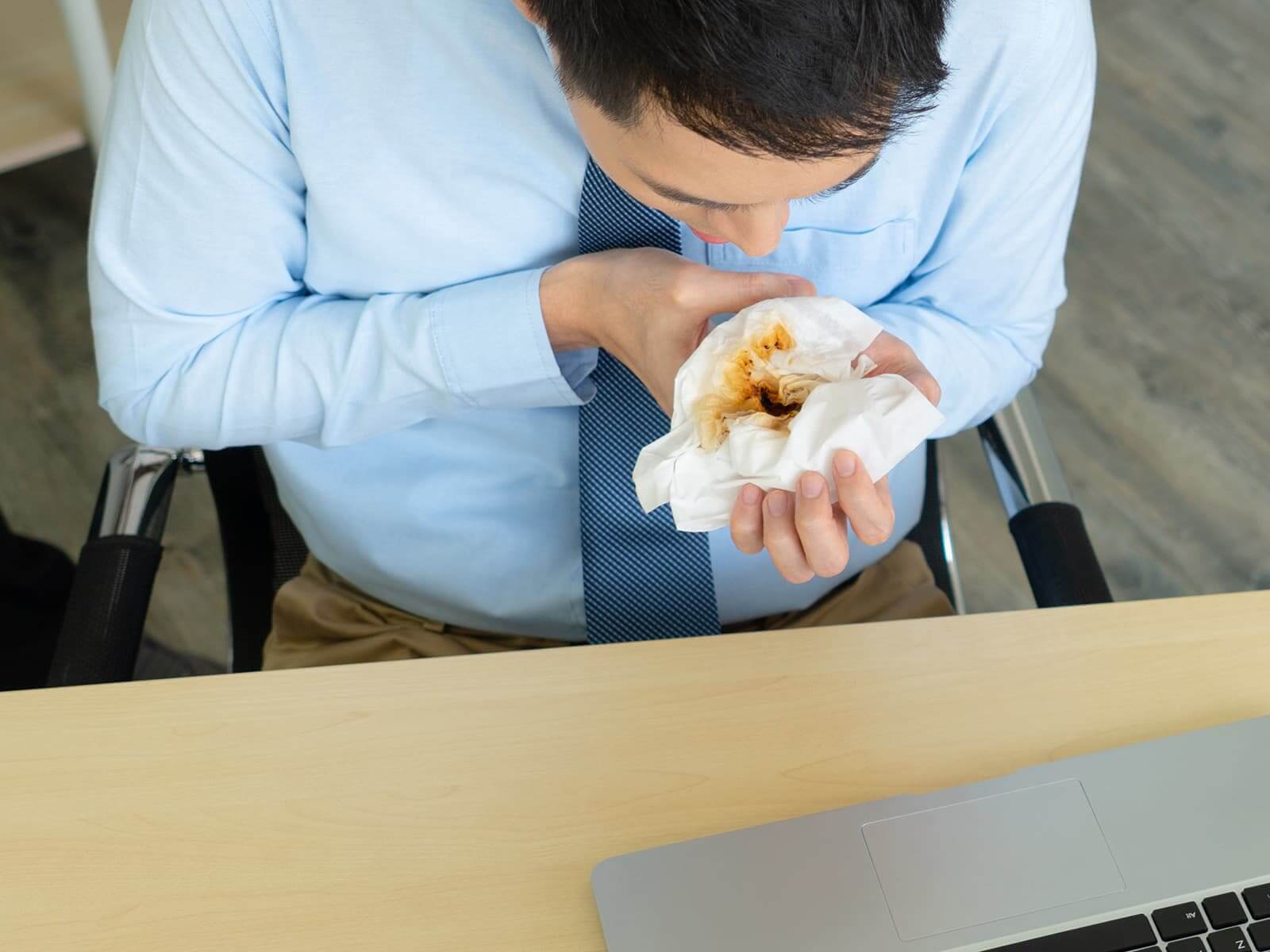
Helicobacter pylori (H. pylori) is a spiral-shaped bacterium that lives in the lining of your stomach. It can cause inflammation (gastritis) and lead to peptic ulcers if untreated. The medical billing code for H. pylori infection is ICD-10 B96.81.
If you have this infection, you may notice:
H. pylori is typically spread through:
With a focus on patient-centered care and comprehensive Helicobacter pylori solutions, GastroDoxs provides expert diagnostics-including fast breath and stool tests-and evidence-based treatment plans tailored to your needs. Our board-certified team offers compassionate, personalized support to ensure long-term relief and minimize the risk of reinfection. Don't wait-book your appointment today and take the first step toward a healthier digestive system.
We've successfully treated more than 1.6K patients, helping individuals improve their digestive health and overall well-being through expert, personalized care.
With over 20 years of experience, GastroDoxs has been a trusted provider of gastroenterology care, focusing on delivering the best outcomes for patients
The primary ICD-10 code for H. pylori infection is B96.81. Related gastritis codes include K29.70 (gastritis, unspecified) and K29.71 (gastritis, chronic active) when H. pylori is the underlying cause.
H. pylori can be diagnosed with a non-invasive urea breath test or stool antigen test. In some cases, an endoscopy with biopsy may be performed to directly visualize the stomach lining and confirm the infection.
Recurrence is possible but uncommon when patients complete their full course of therapy and follow proper hygiene measures. Follow-up testing is recommended to ensure the infection has been eradicated.
If left untreated, an H. pylori infection can persist for years, potentially leading to gastritis, peptic ulcers, and other chronic stomach issues.
Long-term H. pylori infection is a known risk factor for gastric cancer and MALT lymphoma. Early detection and eradication of the bacteria significantly reduce this risk.
Yes, some patients experience diarrhea or loose stools along with bloating, abdominal discomfort, and other gastrointestinal symptoms.
The most common regimen includes two antibiotics-often clarithromycin and amoxicillin-combined with a proton pump inhibitor (PPI) for 10-14 days. Alternative regimens may include bismuth quadruple therapy or sequential treatments.
Possible side effects include nausea, metallic taste, diarrhea, headaches, and abdominal discomfort. Most side effects are mild and resolve after completing therapy.
Online health forums and communities, such as the "helicobacter pylori symptoms" subreddit on Reddit, often feature patient experiences, treatment tips, and support from others who have undergone similar journeys.
Contact GastroDoxs in Cypress to schedule an appointment with one of our board-certified gastroenterologists. We offer fast testing, personalized treatment plans, and ongoing support to help you beat H. pylori for good.